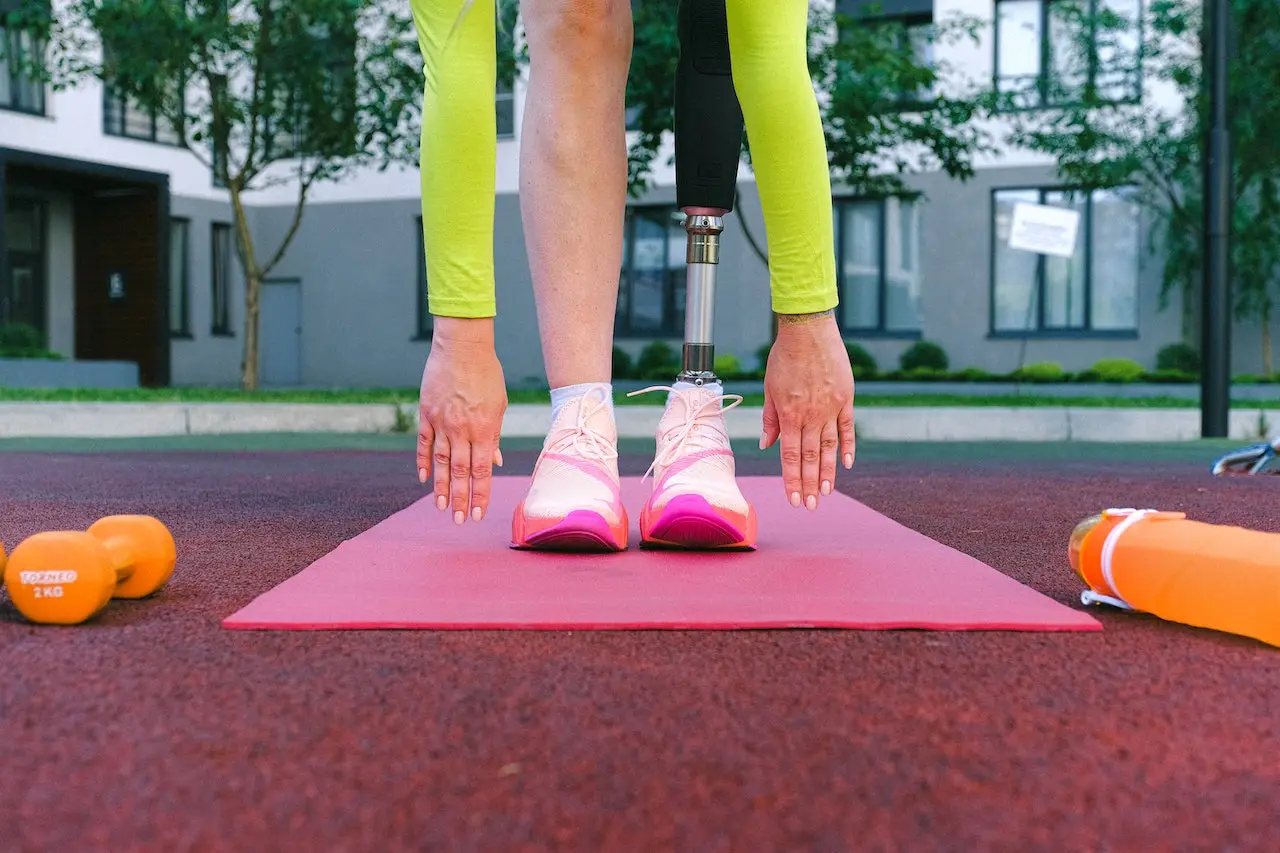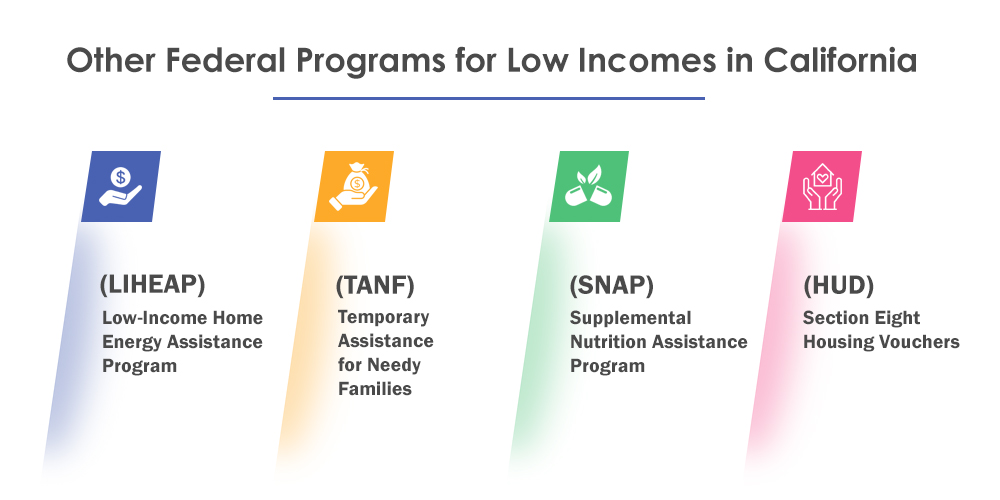

California State Disability Insurance (SDI) provides short-term financial assistance to workers who suffer from an illness or injury that prevents them from working. To qualify for SDI benefits, a worker must meet the standard criteria:
But California State Disability Insurance (SDI) will only last for up to either 39 or 52 weeks. Self-employed workers who pay into the system can receive California SDI payments for up to 39 weeks. Other workers who earn income working for others are eligible to continue to receive SDI benefits for up to 52 weeks.
But SDI is designed to provide financial support to California workers who have “short-term” disabilities. How long is short-term? The period during which your benefits continue is determined by the nature of your impairment and the recovery time. If your doctor certifies that you will need two months to recover, your benefits will not continue unless you supply additional medical evidence supporting the extension.
If you have not exhausted the full 52 weeks of SDI benefits, you can apply to extend your benefits . Your final benefit payment will come with a Physician/Practitioner’s Supplementary Certificate. If you are still unable to return to work, your healthcare provider can find your claim online and enter the information supporting your benefits being extended.”[i]
However, you will be required to file for Social Security Disability Insurance (SSDI) from the federal government. The SSDI program is reserved only for long-term disabilities. Only workers who have been or are expected to be disabled for at least 1 year are eligible for SSDI.
If your physician informs you that your disability is likely to last longer than 52 weeks, you should file for SSDI immediately. Don’t wait until your California SDI benefits are depleted. The time for approval of a Social Security Disability claim can run from 4 months to over a year. During that waiting period, you may be without another source of support payments even while you remain disabled unless you qualify for Supplemental Security Income (SSI) benefits.
Supplemental Security Income (SSI) and Social Security Disability (SSD) are sometimes confused by those unfamiliar with the programs. Social Security Disability claims are only approved for workers whose employment history was extensive enough to earn a minimum number of work credits. Usually, that requires at least 10 years of work.
The Supplemental Security Income (SSI) program is different. This is a program providing monthly financial payments to people who do not have a sufficiently long employment record, often because their disability prevented them from working. But SSI is a needs-based benefit program reserved for disabled people with low incomes and with little or no other available financial resources. But you may be eligible and qualify for both SSD and SSI.
Both SSD and SSI use the same criteria to determine if a claimant meets the definition of “disabled.” But Supplemental Security Income recipients must meet financial guidelines requiring them to have very low incomes and very limited resources. An SSD claimant who is waiting for their application for benefits to be approved can qualify for SSI payments in the meantime.
One major difference between the SSD and SSI programs is that SSI benefits begin almost immediately after a bona fide application claim is filed. SSI benefits are generally lower than those you would receive in an SSD claim , but when combined with other available private and publicly funded programs, you can make it through until your SSD claim gets approved.

California and federal programs that will provide additional assistance to people with low incomes who are suffering from a disability include the following:
Here at the Sackett and Associates Disability Law Firm , we have almost 50 years of experience winning disability benefits for our clients throughout Northern California and beyond. We devoted our entire legal practice to representing people before the Social Security Administration in SSD, SSI, or both.
Our entire team of attorneys and all our supporting employees spend every day ensuring that every client’s claim is prepared properly, complete with all supporting medical documentation, and organized so that government disability case reviewers recognize the claimant’s entitlement to immediate benefit approval.
If you want your SSD or SSI disability claim filed with the best chance of approval, or if you have been denied benefits recently, contact one of our offices today! There’s no time to waste. You need to receive your benefit payments without unnecessary delay.